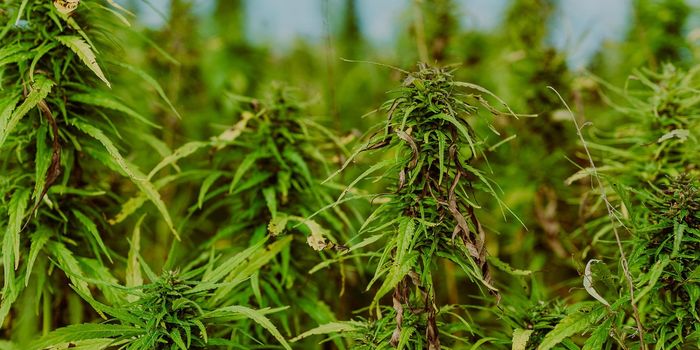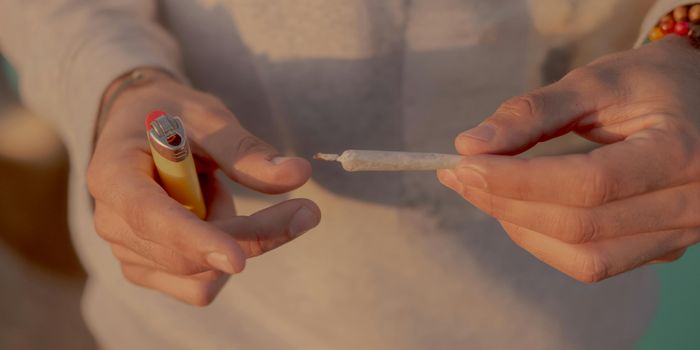FDA approves mixing and matching COVID booster shots
On Wednesday, the United States Food and Drug Administration (FDA) approved Americans to be given a different COVID-19 “booster” vaccine than the original vaccination they received. In other words, an individual who originally received both doses of the Pfizer vaccine can now receive the Moderna vaccine as a booster, for example. This is termed a “mix and match” approach and is an important step in combating COVID-19.
Acting FDA Commissioner Dr. Janet Woodcock said, “the available data suggest waning immunity in some populations who are fully vaccinated. The availability of [the] authorized booster is important for continued protecting against COVID-19 disease.” However, the FDA left regulations in place regarding who can receive the booster vaccines that some have found confusing. Current data and regulations state that booster doses of the COVID-19 vaccines can be administered at least 6 months after completion of the original vaccines to individuals who are 65 year of age and older, individuals 18 to 64 with a high risk of severe COVID-19, and individuals who may frequently be exposed to the virus that causes COVID-19 such as healthcare workers. Individuals who are interested in receiving a booster vaccine should consult their healthcare provider to determine eligibility.
The FDA approved the booster vaccine based on data from several recent research studies. In one study currently online as a preprint on medRxiv, NIH funded researchers evaluated whether mixing and matching booster vaccinations provided significant immunity against SARS-CoV-2, the virus that causes the COVID-19 disease. In the study, 458 individuals who received a COVID-19 vaccine at least 12 weeks prior were enrolled in the study and received a vaccine different from their original vaccine. Importantly the researchers found that regardless of original vaccine, booster vaccinations increased antibodies against COVID-19.
Dr. Peter Marks, director of the FDA’s Center for Biologics Evaluation and Research, stated that the FDA is studying and evaluating whether the booster vaccines can be extended to additional populations and age groups, and they are hoping to have a decision in the coming weeks. Marks said, “we want to make sure that if we deploy the boosters in all of the age ranges, that we truly are making a benefit outweigh any risks.” Regardless, the recent approval of the booster vaccine is an important step forward in ending the COVID-19 pandemic.









